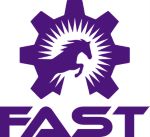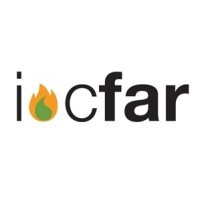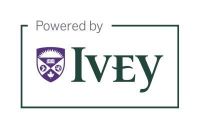Research
CONTACT US
Amit Chakma Engineering Building
The Meister Family Suite
Room: 2410
London, ON, N6A 5B9
Tel: 519-661-2111 ext. 86725
Email: tceli@uwo.ca
Sustainability, Food and AI Conference

Why: As climate destabilization makes maintaining the global food supply more difficult, we challenge innovators to develop sustainable solutions. The burgeoning field of AI, with its copious energy use, not only adds emissions and thus challenges, but also may provide solutions. Both Sustainable AI (e.g., AI run on solar photovoltaic-generated electricity) as well as AI for Sustainability (e.g., computer vision monitoring crops to minimizing food loss and waste) offers a myriad of technology and process solutions that can advance sustainable agri-food systems. Perhaps the largest opportunities arise from combining solar energy production, food and computing and will be the focus of this conference:
- Agrivoltaic production resulting in increased food crop yields while using the power to provide green electricity for computing and AI
- Computer vision, machine learning and AI focused on improving soil quality, optimizing on-farm water use, improving agricultural sustainability, boosting yields, improving food quality, or conducting remote food quality checks
- Waste heat recovery from data centers for AI being used to heat greenhouses and agrotunnels to grow food crop
Register Today!
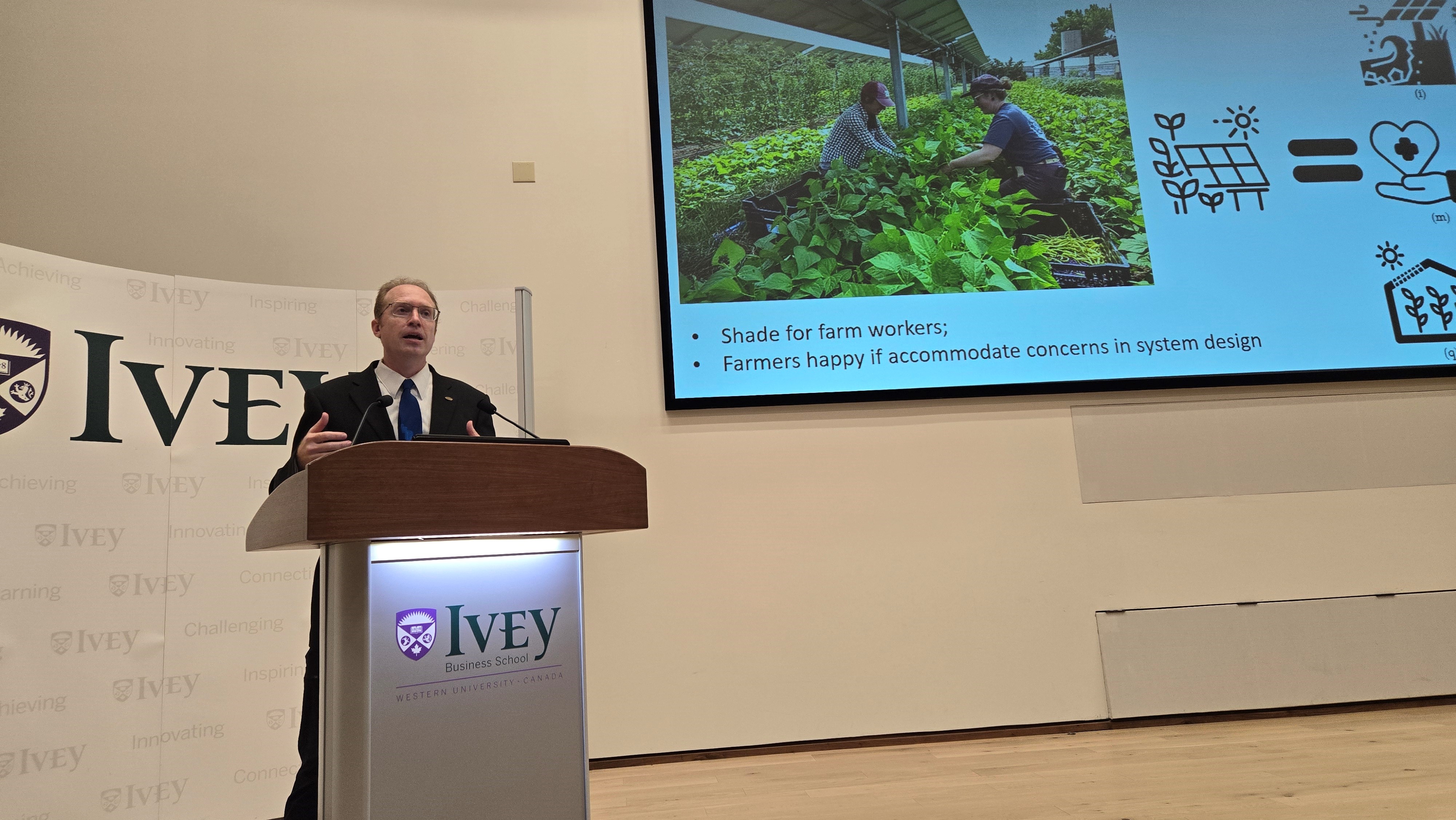
Objectives
- Bring together key academics, business leaders in the agri-food sector to explore opportunities for addressing local and global industry-wide sustainability issues and challenges through innovation and collaboration in the new era of AI.
- Help to sync-up knowledge of business leaders on issues and challenges, trends, and opportunities for AI and open source collaborative action to create a sustainable food system
- Create a forum for thought leaders to share their ‘in the trench’ experiences with peers in addressing challenges, successes, and best practices for both sustainable AI and AI for sustainability
- Facilitate the exchange of ideas for possible partnerships and opportunities for collaborative action on addressing regional and industry-wide sustainability issues and challenges and accelerating global commitments and goals coupling AI and agriculture.
Key Note
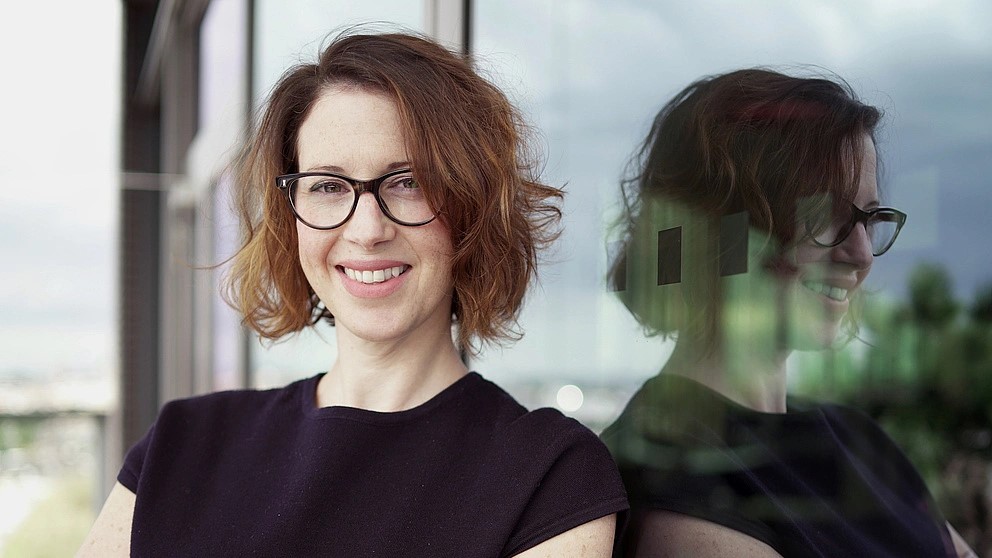
Prof. Dr. Aimee van Wynsberghe is the Alexander von Humboldt Professor for the Applied Ethics of Artificial Intelligence (AI) at the University of Bonn. She is director of the Institute for Science and Ethics (IWE) and founder of the Bonn Sustainable AI Lab. She is a member of the German Academy for Sciences and Literature, Mainz, Advisory Board member for the DAAD Konrad Zuse Schools of Excellence in AI and has served as a member of the European Commission’s High-Level Expert Group on AI. Prof. van Wynsberghe is author of the book Healthcare Robots: Ethics, Design and Implementation and founding editor for the international peer-reviewed journal AI & Ethics (Springer Nature). She regularly appears in the media to promote awareness of the pressing ethical issues surrounding the design and use of robotics and AI in society.
Tour of Western Innovation for Renewable Energy Deployment (WIRED)
To continue accelerating cost declines in the solar photovoltaic (PV) industry and take advantage of the opportunities of an open source approach, four novel objectives are targeted: 1) improve PV system performance with low-concentration reflectors without negating warranties, 2) develop PV systems for agriculture that farmers can deploy themselves, 3) use distributed recycling and additive manufacturing (DRAM) to cut PV racking costs, and 4) utilize flexible PV to eliminate the need for conventional racking all together. To do this we established the first completely open source outdoor PV testing center to meet these objectives: Western Innovation for Renewable Energy Deployment (WIRED). WIRED is a project focusing on agrivoltaics primarily in a partnership between the Ivey Business School and Western Engineering.
Using heavily monitored and wired PV systems, WIRED will explore new ways of radically reducing the costs of PV systems while improving their functionality by using open source racking and enabling PV to provide more value than using only green electricity. The ten sub-PV systems making up the heart of the proposed infrastructure will be large enough to act as industrially relevant proof-of-concepts and to obtain statistical data on performance of individually-monitored PV modules. WIRED will be completely open source, including the requested infrastructure for prototyping, monitoring, and the results, making it not only unique globally, but also well positioned to reduce PV system costs and accelerate PV deployment in Canada. The PV industry system designers and developers will be the primary users of the research outcomes although it will also be used by SMEs looking to minimize installation costs of PV.
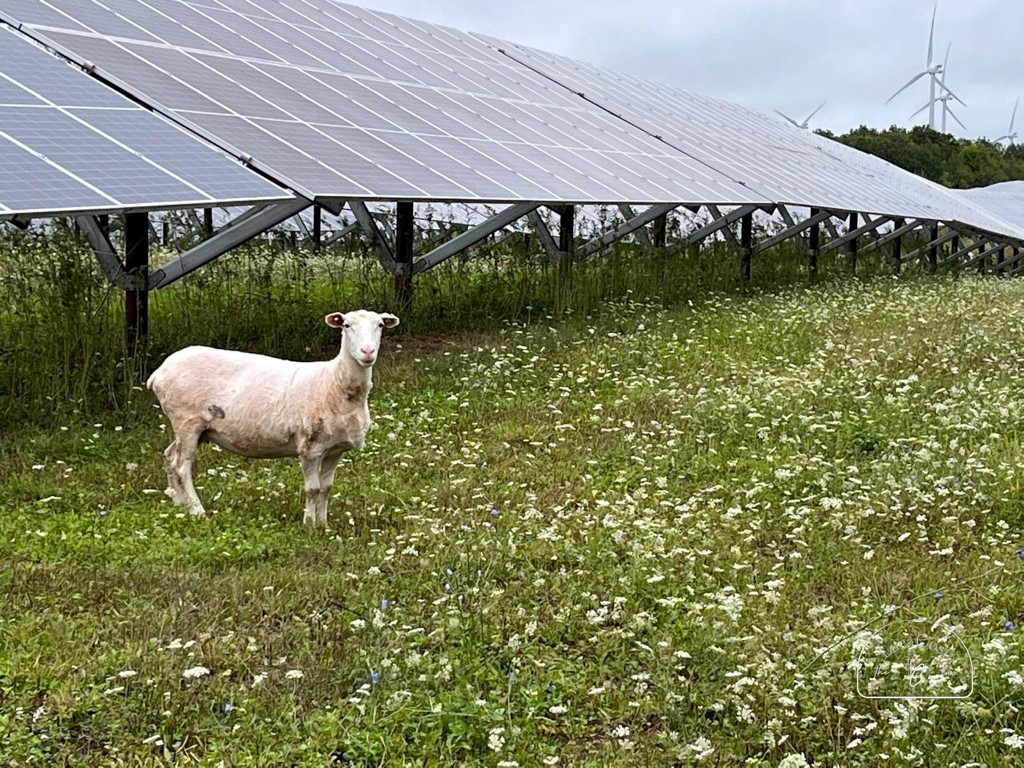
WIRED, comprising about 1 hectare of area, will be located in Western's Field Station. The 33-hectare site features a 4-hectare area of intensively managed research plots and is a member of the Canadian Micro-Pulse Lidar Network, both of which will be leveraged for the agrivoltaic trials that are part of this research for time trials and long-term highly-monitored performance testing. The PV-generated electricity from the system will be fed into Western's Institute for Chemicals and Fuels from Alternative Resources (ICFAR) to provide a portion of the energy needs while complimenting their mission. Dr. Pearce's WIRED research program not only ties together two of Western's major research initiatives (WindEEE and ICFAR), but it is well aligned with one of Western University's signature research areas on Environmental Sustainability and Green Energy, and Western Engineering's research theme of Sustainability, Environment, Resiliency & Adaptive Systems.

World’s First Agrivoltaic Agrotunnel
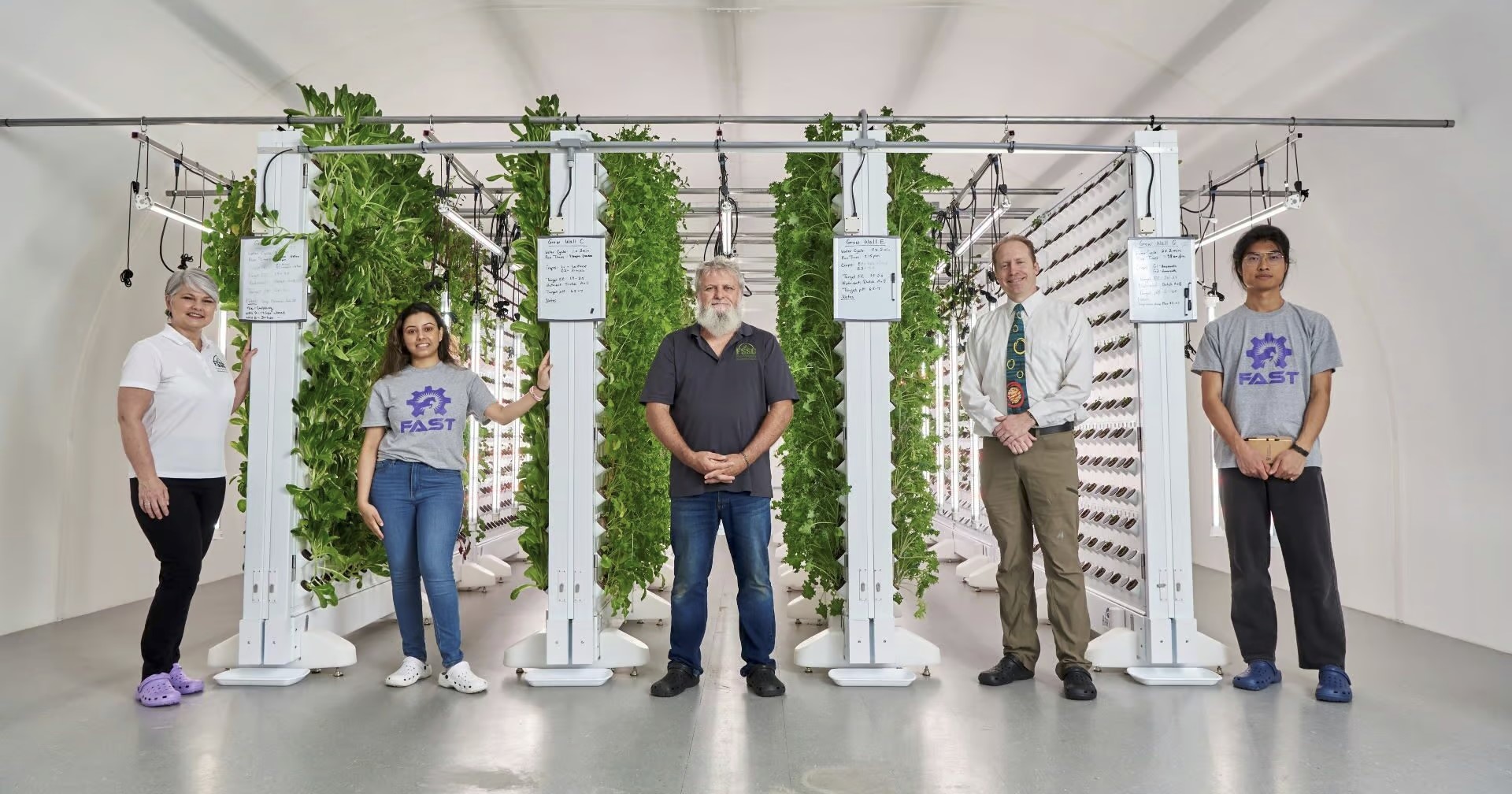
Climate change and sever weather is the primary challenge facing year-round food production in Canada. Our solution to address this challenge is to couple an indoor farm and solar photovoltaic shielded outdoor farm, which is net zero energy to produce berries year round with high yields, nutrient, and sensory quality. The systems can be can be attached to the retail locations to provide zero-mile food supply. Our solution will provide maximum yields ,enhanced nutritional and sensory quality with minimum production expenses. Furthermore, the system will be modular scalable, and adaptable to various locations and extreme climate conditions. The core idea is to couple an agrotunnel with agrivoltaics. An agrotunnel is an earth and vegetation covered tunnel that will hold high-density vertical aeroponic hybrid systems using high-efficiency spectrally optimized LED grow lights. We already have experimental evidence this works physically, but the economics can be a challenge because of the electricity costs depending on the location. To improve the economics and decrease the electricity costs, the agrotunnel and surrounding area will be covered with adjustable partially-transparent solar photovoltaic arrays. These arrays are described as agrivoltaics due to the co-location of agriculture and photovoltaics. Furthermore, the arrays will be used as shields to protect the outdoor plants from extreme weather, create a microclimate to conserve water, and provide all of the electricity needed to run the lights, water pumps and heat pumps inside of the agrotunnel. This makes the system portable to most locations within Canada. The food crops are monitored with computer vision systems and also be tested in outdoor columns that are exposed to three levels of partially-transparent solar cells in agrivoltaic arrays to find the optimal conditions for outdoor use and compare them to the growth performance available internally.
This project is funded by the Weston Family Foundation as part of the Homegrown Challenge.
Directions
Directions to ICFAR - which is about 15 minutes north of Western University, London ON.
22312 Wonderland Rd N, Ilderton, ON N0M 2A0
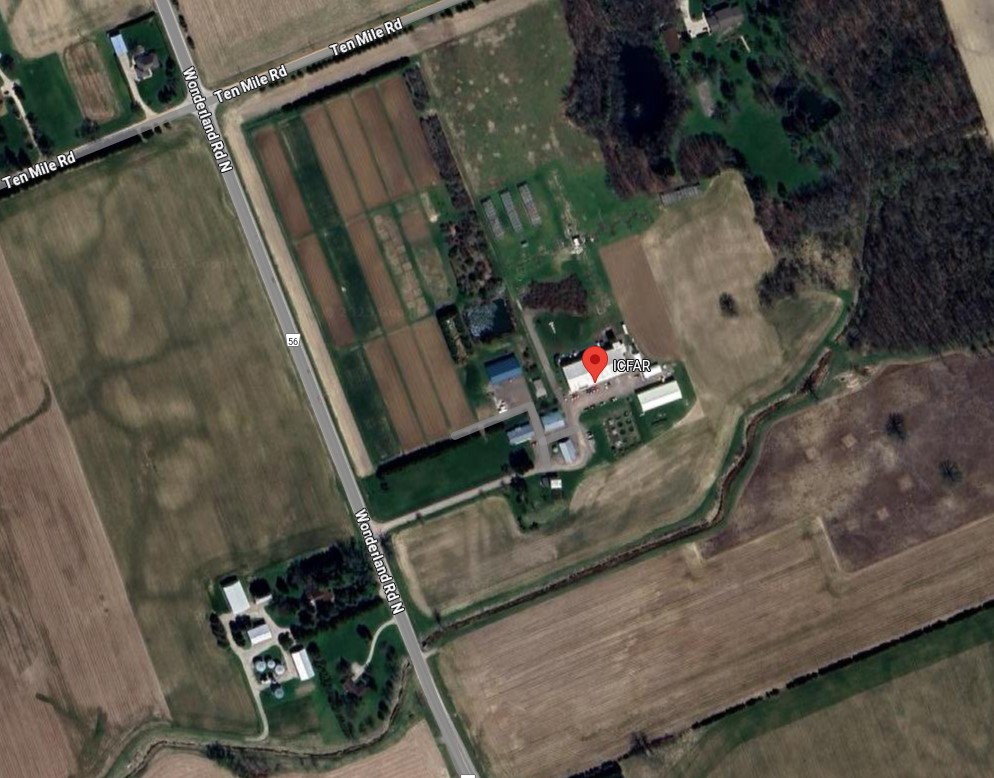
John M. Thompson Centre for Engineering Leadership and Innovation
The Thompson Centre for Engineering Leadership and Innovation: Where Engineering meets Innovation
Great engineering careers are built on leadership and innovation. The most respected companies in the world rely upon critical thinking and analytical skills to achieve breakthrough engineering technologies. Leaders in these organizations seamlessly blend engineering and business perspectives to resolve important problems facing society.
The Institute for Chemicals and Fuels from Alternative Resources, ICFAR
The Institute for Chemicals and Fuels from Alternative Resources, ICFAR (pronounced “I See Far”), is a research institute within the Faculty of Engineering at The University of Western Ontario. As its name suggests, the aim of ICFAR is to be a leader in the development of technologies and processes for the production of chemicals and fuels from alternative resources, with an emphasis in green engineering and environmental sustainability, an identified "signature area" of research in Western’s Strategic Research Plan. The goal is to quickly move research from the lab benches to large demonstration projects at ICFAR, paving the way for Ontario bio-fuel and chemical innovations to get to the global marketplace – fast. Among other activities listed on our website, the Institute houses facilities to test next generation bio-fuel technologies being developed by Western researchers. Using a process called pyrolysis, agricultural, forestry and food residues, such as corn stover and cobs, wood branches, bark, grasses and so on, produce a bio-oil which can be further refined to make insecticides, pesticides, pharmaceuticals and engine fuels (as examples), a solid called bio-char which is recognized for its ability to act as an effective fertilizer while reducing greenhouse gas emissions, and heat (gas) which is used to provide the energy to enable the pyrolysis. Technology transfer and commercialization initiatives are of primary importance to ICFAR. As an example, Agri-Therm Inc., is an ICFAR spin-off company that is in the early stages of bringing new bio-fuel technology to market. Agri-Therm makes a patented, mobile pyrolysis unit, and has begun to market its technology.
Sponsored by: Western Faculty of Engineering, Institute for Chemicals and Fuels from Alternative Resources, Free Appropriate Sustainability Technology (FAST) Research, Ivey School of Business

